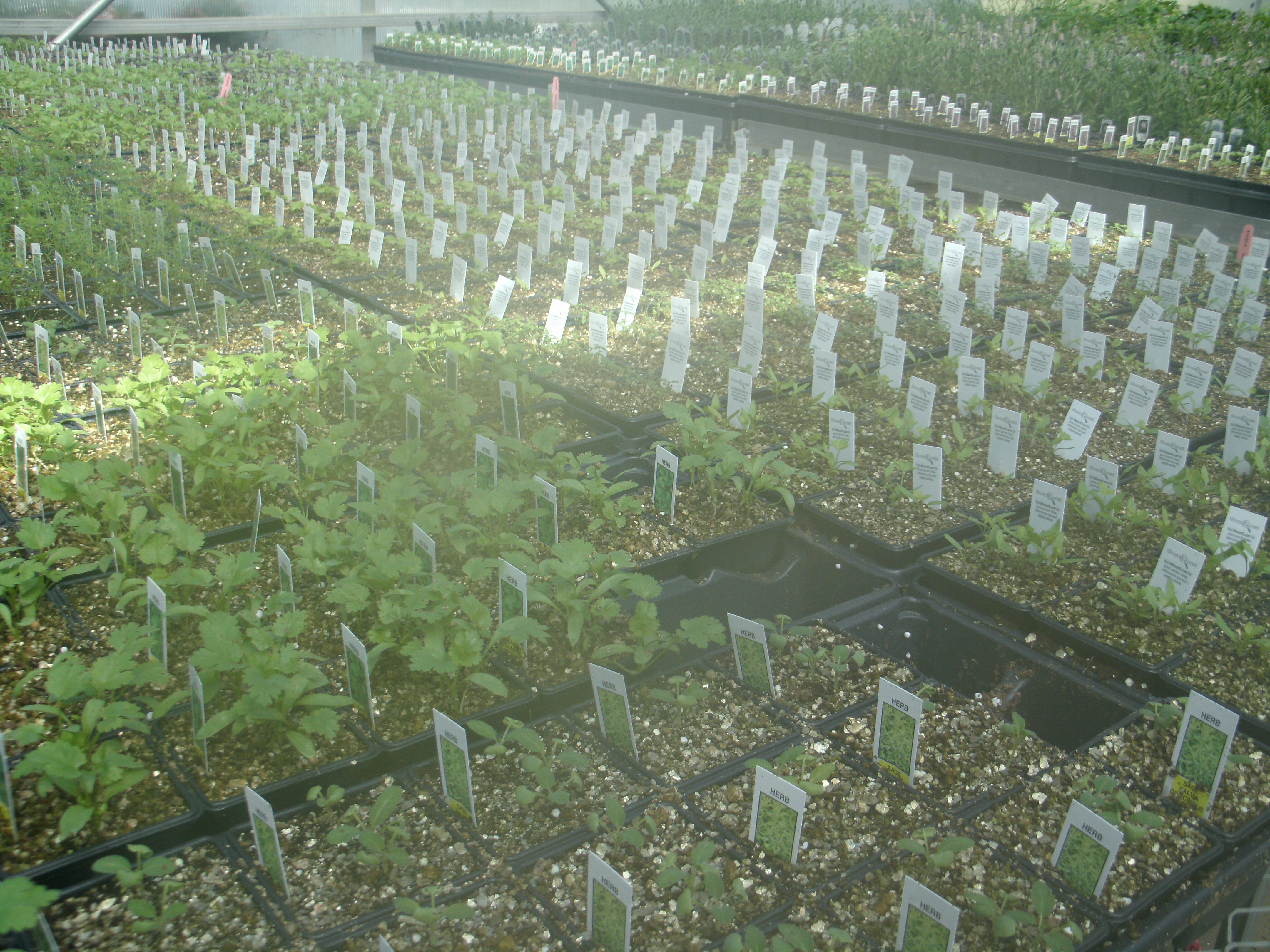Growing your own flowers, fruits, and vegetables doesn’t just benefit your health at harvest. Physical and mental wellness perks, reaped through the process of planning, planting, and tending our own gardens have been well documented. Following is a list of nine nifty health benefits that may be reaped through participation in the art of gardening.
Building and Maintaining Muscle Strength
One of the most obvious ways gardening can help us keep fit is by offering us the opportunity to build and maintain muscle strength. Just be certain to consult your physician and to condition your body before you begin gardening. Here are some guidelines for prepping your body before planting time from Iowa State University Extension and Outreach.
Potential Weight Loss Due to Calories Burned
How many calories does gardening burn? The answer depends upon your weight and level of activity, from heavy spading to leisurely weeding. Generally, the more you weigh and the harder you work, the more calories you will burn. The average amount is 240 to 448 calories per hour.
Formal, planned exercise programs and strict diets seem tedious to some of us. The process of planting and maintaining a garden patch or even a few backdoor pots is a great way to burn calories and lose weight without even thinking about it.
Reduced Risk of Heart Disease and Stroke
Light to moderate fitness activity like that expended in the process of tilling the soil has been reported by many authorities to reduce heart disease and risk of stroke. The results of one such study were reported in the British Journal of Sports Medicine.
Planting a patch of petunias is more fun to some than straining to lift weights or working out on an elliptical, and gardening activities may be nearly as beneficial.
Lessened Chance of Developing Osteoporosis
Staying active has long been recommended as a way to maintain bone density. The results of a University of Arkansas study suggest that that the process of gardening is one of the very best ways to keep bones strong as we age.
The study found that women over age 50 who gardened at least once a week had higher bone density than women who performed other types of exercise including jogging, swimming, walking, and aerobics.
Strengthened Immune System
Both mental and physical lifestyle factors contribute toward a strong immune system. Gardening tasks keep us in shape, and the experience of being outside in nature helps our minds to relax and unwind.
But there’s even more to the story of the manner in which gardening can contribute to immunity – lessening the chance of developing certain allergies and infections. This story in Science Daily notes new evidence supporting the long held “hygiene hypothesis”. It appears that exposure to certain microbes found in nature, especially early in life, can help in building a strong immune system.
Relief From Mental and Emotional Stress
It’s easier to let go of a hard day’s stress if one spends the evening out of doors. Gazing into the depths of a sunflower’s petals, stopping to smell the scent of a rose, tasting the juicy complexity of a homegrown tomato, listening to birdsong. All of the above can serve as tranquilizers to troubled souls.
Nature lovers instinctively seek the solace of a walk in a forest, field, or city park or visit their garden to deadhead flowers or weed a vegetable patch.
Studies now back up what those of us who turn to nature have always known. Read more about “The Leafy Green Road to Good Mental Health” in this Wall Street Journal article.
Mood Modification – The Power of Flowers
Artist Georgia O’Keefe recognized the relaxing power of flowers. She focused her paintings upon the intricate beauty held within the mazes formed by the petals.
When ill, injured, suffering from grief, or simply having a not so great day, we all feel cheered and encouraged upon receiving a gift of flowers, whether delivered by a florist, or picked by a child.
But perhaps they offer the greatest value when we grow them ourselves and enjoy them by sitting on the lawn, or personally choosing a bouquet to decorate our kitchen table.
A day in a flower garden can be as effective as a prescription drug if only we make the time for that sort of experience.
See this post from the Vermont Extension Service Division of Plant and Soil Science for details and references to studies concerning the effects flowers can have upon our moods.
Gardening Improves Relationships and Compassion
The report “Growing Empathy”, details a study of the effects of school gardens on social and emotional development.
Though this study focuses on children growing gardens in cooperation with others, any type of gardening, done alone or with family or friends can help us to experience a sense of our place in the universe.
Working with plants and the creatures that inhabit the outdoors teaches us to interact with others and search for solutions that benefit everyone.
The calming effect of nature helps us release stress, thus helping us become more patient when others act in ways that may upset us.
Gardening Lessens the Risk of Developing Dementia
Studies have shown that gardening can be a factor in reducing the risk of dementia. One study in particular found that the risk can be reduced by 36 percent.
Physical activity, social interaction and the opportunity to reminisce, when gardening with others, are some factors that were credited with helping to maintain brain health.
But even when gardening alone, the act of planning, planting, harvesting, and utilizing garden produce helps keep the mind active and encourages positive engagement with the world around us.
An Alzheimer’s Society article details the benefits of participation in a gardening project for people already living with various stages of dementia.
Whatever your lifestyle and physical condition, fitting a bit of gardening into your schedule, even if it’s only a couple of pots on the patio or a few herbs on a windowsill, can help you deal with stress and thus promote wellness.


